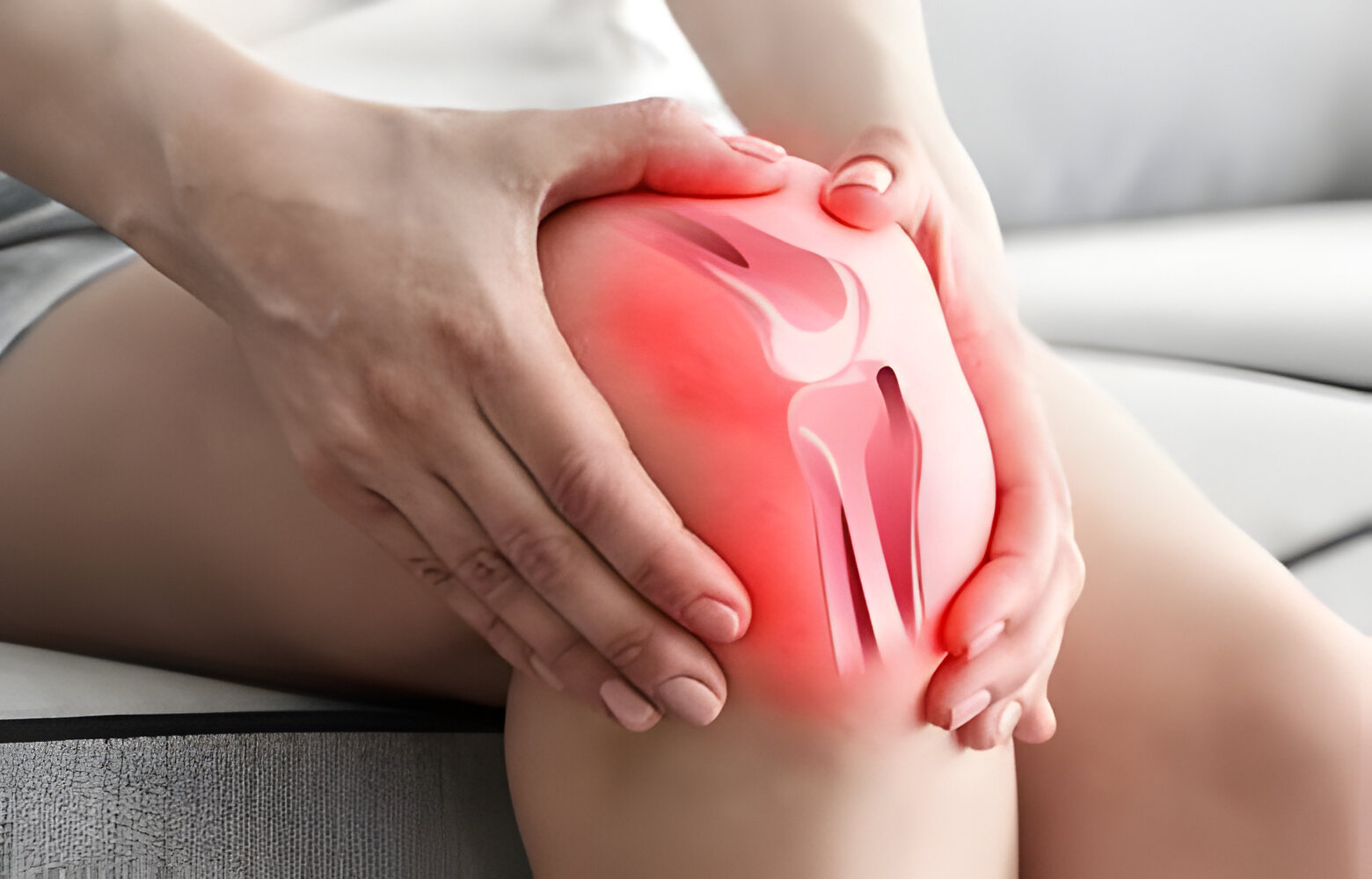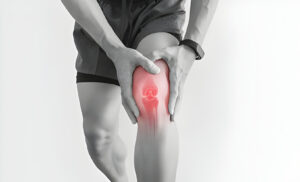
Knee pain is becoming increasingly common and can affect anyone at any time, significantly disrupting daily activities. For those seeking a solution to this pervasive issue, Ayurvedic medicine for knee pain offers a promising alternative. Knee pain can vary in nature, presenting either as continuous discomfort or sudden, sharp bursts, making it a relentless companion for many. Those who suffer from it know the intense, often unbearable pain it brings. Joint pain is essentially discomfort, soreness, or aching sensations in or around the knee joint.
Knee pain can feel like an inescapable trap, perpetually present unless a proper solution is found. While conventional medicine provides only temporary relief, and long-term use of painkillers can have negative side effects, Ayurveda offers a permanent, natural remedy. By embracing Indian tradition, you can find liberation from joint pain without side effects. Here are some effective Ayurvedic treatments for knee pain.
Ayurvedic Treatments for Knee Pain
Ashwagandha
Known for its anti-inflammatory properties, Ashwagandha helps relieve joint inflammation and pain. It is available in various forms, including tablets, powder (consume 2 grams daily mixed with water or milk), extract, and oil (apply topically to the affected area).
Turmeric
Turmeric contains curcumin, renowned for its anti-inflammatory benefits. It can be consumed as a tablet, mixed with milk, or applied as a paste on the affected area.
Guggul
A potent anti-inflammatory compound, Guggul is effective against rheumatoid arthritis. It comes in tablet form, powder (consume 1/2 tablespoon mixed with water or milk), oil (apply topically), and tincture (alcohol-based extract used as directed by a physician).
Boswellia
This herb, with its strong anti-inflammatory properties, is used for arthritis and joint pain. It can be consumed as tablets, extract, or oil (applied topically).
Panchakarma
Panchakarma therapies help manage joint pain by removing toxins and balancing doshas.
Other Treatment Options for Knee Pain

Painkillers
Using painkillers without understanding the root cause of knee pain is not advisable, as it can lead to various issues, including kidney failure. While painkillers like Aleve and paracetamol provide temporary relief, they do not offer a permanent cure.
Allopathic Medicines
Commonly used to treat joint pain, allopathic medicines include Nonsteroidal Anti-Inflammatory Drugs (NSAIDs) like aspirin and ibuprofen, acetaminophen, corticosteroids, hyaluronic acid injections, and muscle relaxants. However, these can have significant side effects and should not be relied upon entirely.
Physical Therapy
A physiotherapist can develop customized exercises to improve knee condition, but the problem must be diagnosed as treatable through physiotherapy first.
Surgery
In severe cases, such as extensive joint damage, surgery may be the only option for relief. Surgical joint replacement is a last resort when other treatments fail.
Lifestyle Modifications
Overuse and being overweight can contribute to knee pain. Adopting a healthy lifestyle, maintaining proper weight, practicing good posture, and avoiding activities that cause knee discomfort can prevent pain.
Diagnosing Knee Pain
Symptoms of knee pain vary with the underlying cause but commonly include pain in and around the knee joint, swelling, stiffness, instability, limited range of motion, redness, warmth, and difficulty walking.
Common Causes of Knee Pain
The knee joint, a complex structure of bones, cartilage, ligaments, tendons, and muscles, supports body weight and facilitates movement, making it susceptible to dysfunction. Causes of knee pain include:
- Injuries: Ligament tears (ACL, MCL), meniscus tears, fractures, dislocations, strains, and sprains.
- Arthritis: Inflammation causing pain, stiffness, and swelling. Osteoarthritis and rheumatoid arthritis are the most common types.
- Osteoarthritis (OA): “Wear and tear” arthritis caused by aging, joint injury, obesity, and genetics.
- Rheumatoid Arthritis: An autoimmune disorder causing joint damage, pain, and swelling.
- Tendinitis: Inflammation of the tendons around the knee.
- Bursitis: Inflammation of the bursae.
- Osteoporosis: Weakening of bones leading to fractures.
- Other Conditions: Gout, infections, tumors, rickets, and cancer.
Ayurvedic medicine for knee pain offers a natural and effective solution for knee pain without the side effects of conventional treatments. Embracing Ayurvedic remedies can provide permanent relief and a healthier, pain-free life.







